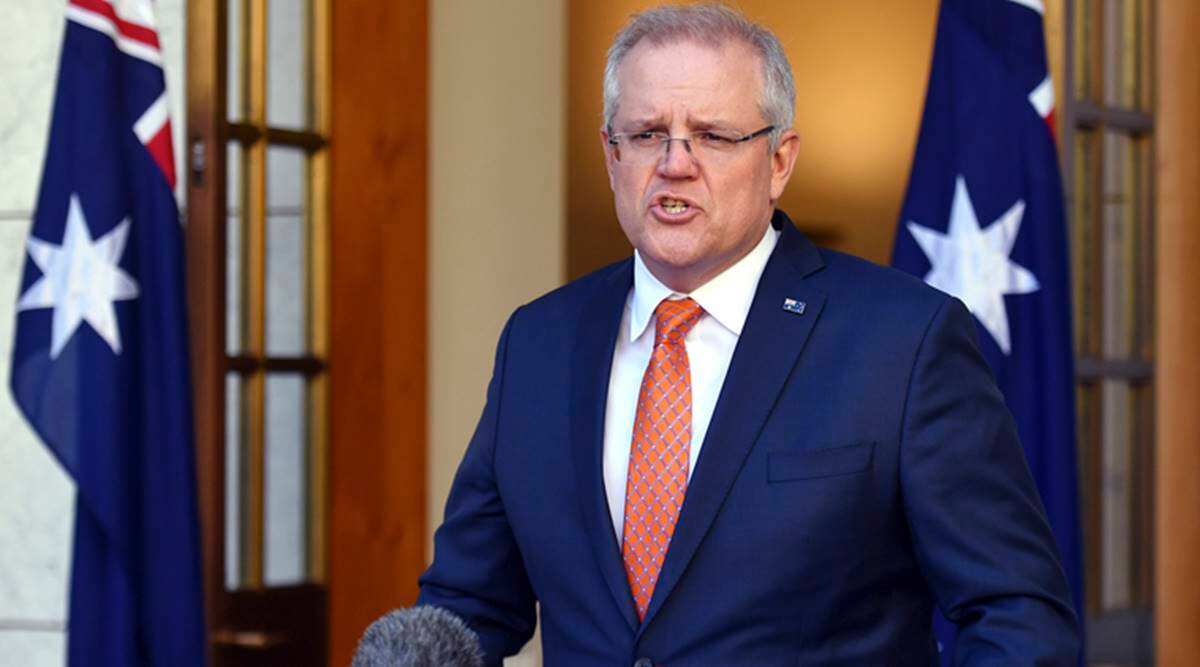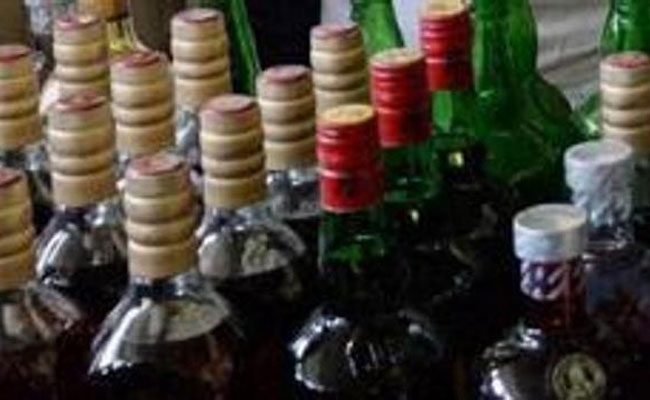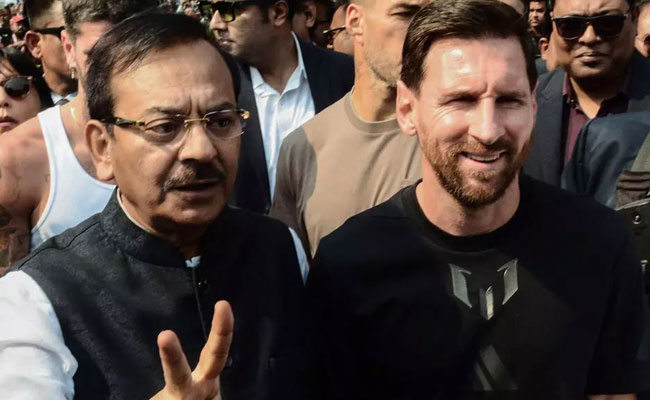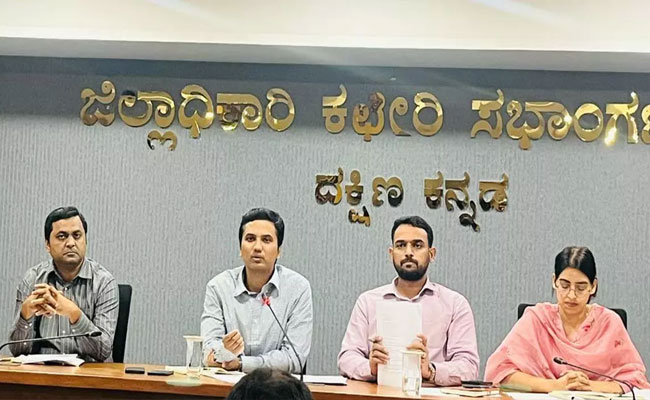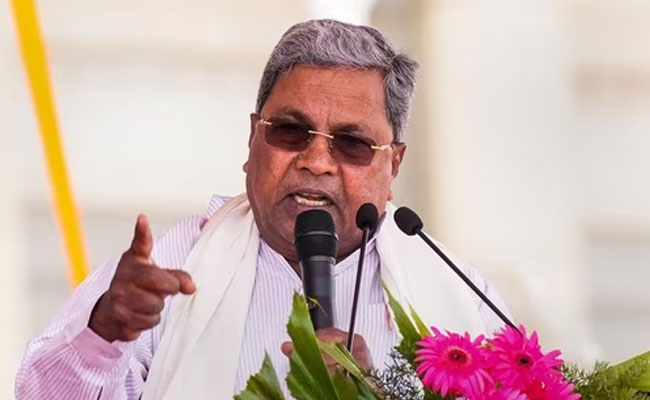Canberra (Australia), May 21: Australia's prime minister conceded defeat after an election on Saturday that could deliver a minority government.
Scott Morrison acted quickly despite millions of votes yet to be counted because an Australian prime minister must attend a Tokyo summit on Tuesday with US, Japanese and Indian leaders.
I believe it's very important that this country has certainty. I think it's very important this country can move forward, Morrison said.
And particularly over the course of this week with the important meetings that are being held, I think it's vitally important there's a very clear understanding about the government of this country, he added.
Opposition leader Anthony Albanese will be sworn in as prime minister after his Labour party clenched its first electoral win since 2007.
Labour has promised more financial assistance and a robust social safety net as Australia grapples with the highest inflation since 2001 and soaring housing prices.
The party also plans to increase minimal wages, and on the foreign policy front, it proposed to establish a Pacific defence school to train neighbouring armies in response to China's potential military presence on the Solomon Islands on Australia's doorstep.
It also wants to tackle climate change with a more ambitious 43 per cent reduction in greenhouse gas emissions by 2050.
Morrison's Liberal party-led coalition was seeking a fourth three-year term. It holds the narrowest of majorities 76 seats in the 151-member House of Representatives, where parties need a majority to form a government.
In early counting on Saturday, the coalition was on track to win 38 seats, Labour 71, seven were unaligned lawmakers and 23 were too close to call.
Minor parties and independents appeared to be taking votes from the major parties, which increases the likelihood of a hung parliament and a minority government.
Australia most recent hung parliaments were from 2010-13, and during World War II.
A record proportion of postal votes because of the pandemic, which won't be added to the count until Sunday, adds to the uncertainty in early counting.
As well as campaigning against Labour, Morrison's conservative Liberals fought off a new challenge from so-called teal independent candidates to key government lawmakers' reelection in party strongholds.
At least four Liberal lawmakers appeared to have lost their seats to teal independents including Liberal Party deputy leader Josh Frydenberg, who had been considered Morrison's most likely successor.
What we have achieved here is extraordinary, teal candidate and former foreign correspondent Zoe Daniels said in her victory speech. Safe Liberal seat. Two-term incumbent. Independent, she added.
The teal independents are marketed as a greener shade than the Liberal Party's traditional blue colour and want stronger government action on reducing Australia's greenhouse gas emissions than either the government or Labour are proposing.
The government's Senate leader Simon Birmingham was concerned by big swings toward several teal candidates.
It is a clear problem that we are losing seats that are heartland seats, that have defined the Liberal Party for generations, Birmingham said.
If we lose those seats it is not certain that we will but there is clearly a big movement against us and there is clearly a big message in it, Birmingham added.
Due to the pandemic, around half of Australia's 17 million electors have voted early or applied for postal votes, which will likely slow the count.
Voting is compulsory for adult citizens and 92 per cent of registered voters cast ballots at the last election.
Early polling for reasons of travel or work began two weeks ago and the Australian Electoral Commission will continue collecting postal votes for another two weeks.
The government changed regulations on Friday to enable people recently infected with COVID-19 to vote over the phone.
Electoral Commissioner Tom Rogers said more than 7,000 polling stations opened as planned and on time across Australia despite 15 per cent of polling staff falling sick this week with COVID-19 and flu.
Albanese said he had thought Morrison would have called the election last weekend because Australia's prime minister is expected at a Tokyo summit on Tuesday with US President Joe Biden, Japanese Prime Minister Fumio Kishida and Indian Prime Minister Narendra Modi.
If we get a clear outcome today then whoever is prime minister will be on a plane to Tokyo on Monday, which isn't ideal, I've got to say, immediately after a campaign, Albanese said.
Analysts have said that Morrison left the election until the latest date available to him to give himself more time to reduce Labour's lead in opinion polls.
Let the Truth be known. If you read VB and like VB, please be a VB Supporter and Help us deliver the Truth to one and all.
Belagavi (Karnataka) (PTI): The Karnataka Excise Department has conducted a statewide crackdown on illegal liquor trade over the last two years, resulting in arrests and seizures of alcohol, Karnataka Excise Minister R B Timmapur said on Tuesday.
As many as 1,09,017 people were arrested, and seizures included 13.66 lakh litres of liquor and 27.19 lakh litres of beer, he said in a written reply to a starred question by Harihar BJP MLA B P Harish in the Karnataka Assembly.
The Minister said the enforcement drive covered the financial year 2023–24, 2024–25 up to June, and 2025–26 from July to October, targeting unauthorised liquor manufacture, storage, sale and transportation across the State.
"During this period, statewide enforcement drives resulted in a total of 1,84,570 raids against illegal liquor sales,” Timmapur said.
ALSO READ: BJP accuses Karnataka govt of 'failing' to prevent noise pollution caused by 'azaan'
He noted that 9,179 non-bailable cases and 91,968 bailable and compoundable cases under Section 15(A) of the Karnataka Excise Act, 1965, were registered during the same period.
According to him, there have been no reports indicating that students have become addicted to alcohol due to illegal liquor sales.
The sale of alcohol to minors is strictly prohibited under the Karnataka Excise Act, 1965, and the department has issued periodic instructions to initiate legal action against violators, with strict enforcement and investigation measures in place, the Minister said.
Excise officials are carrying out regular road and night patrols, collecting intelligence, monitoring habitual offenders and conducting raids to identify illicit distillation units, unauthorised liquor outlets and spurious liquor manufacturing centres, he said, adding the department is also enforcing the law to prevent the production, storage, sale and transport of spurious, non-duty-paid and unauthorised liquor.
Regular patrols are being conducted on national and state highways, with suspicious vehicles being subjected to checks.
At the district level, standing committee meetings are held under the chairmanship of Deputy Commissioners, and joint operations are carried out with the police and forest departments to curb excise-related offences.
The department is also conducting awareness programmes through Gram Sabhas and in schools and colleges to educate the public and students about the physical, mental and social health hazards associated with alcohol addiction and substance abuse, Timmapur added.

